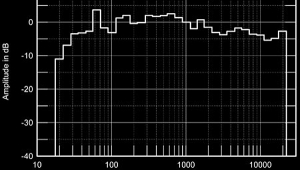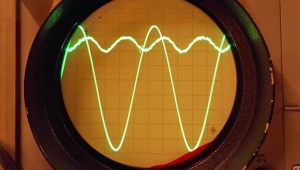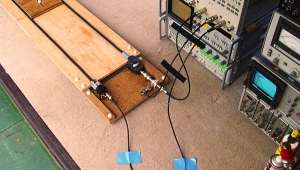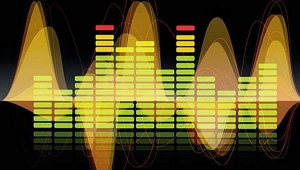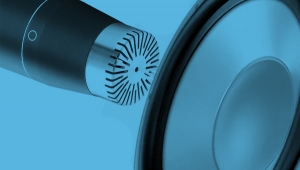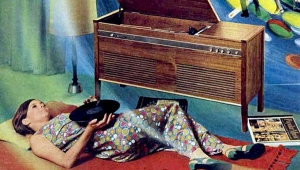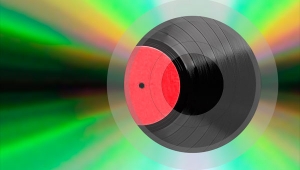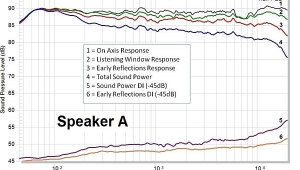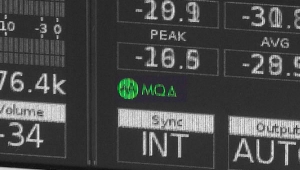| Columns Retired Columns & Blogs |
Legitimate reasons or not, this is not a forum comment or posting but a major statement in the form of an formal article
The same concerns apply for Archimago's article, which is what we are discussing. While I would be perfectly comfortable disclosing my real identity to the editors of a publication of some sort of legitimate publication, I would absolutely not agree to have my views publicized under a full name. This would apply whether I was writing on correctional care/the prison systems in the NY Times, or whether I was writing about an audio product or technology in Stereophile. Privacy and personal safety is more important than "your" right to have some real-sounding name attached to what you read. "Your" here being the general term for the reader, not specifically naming people.
Computer Audiophile explicitly states:
Editor's Note 2: The author of this article is writing under a pseudonym. While he is unknown to the readers, his identity has been verified by Computer Audiophile. He has no vested interest in the audio business, other than being a consumer of music.
By continuing to attack the "anonymous" bogeyman, your statement is now directly attacking the integrity and honesty of the editor of Computer Audiophile (who _is_ named on the web site), and I personally find that a bit disturbing.





